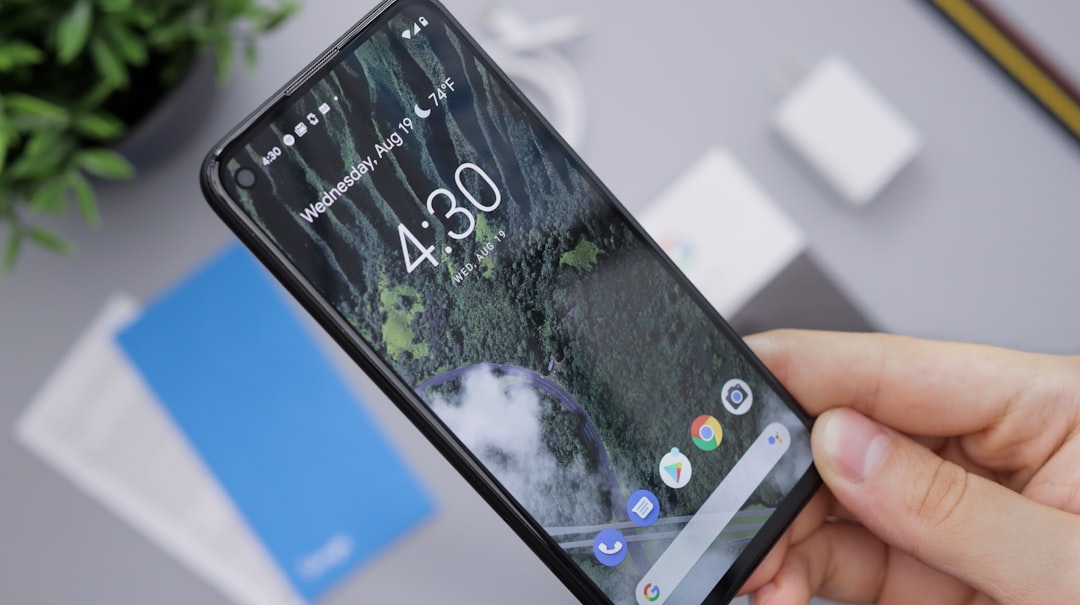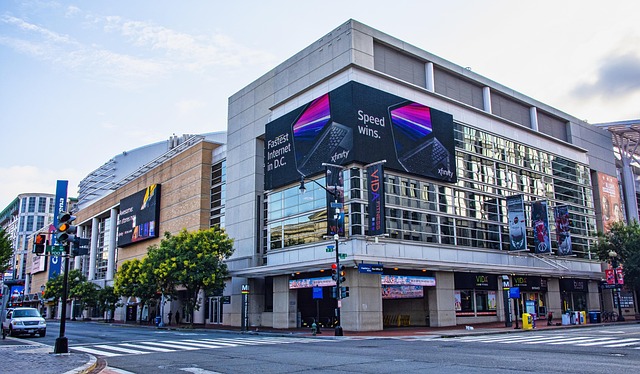In Washington DC, federal and local laws, including the Fair Debt Collection Practices Act (FDCPA), protect individuals from abusive debt collection practices. Licensed debt collector lawyers DC facilitate financial recovery while adhering to strict regulations. The process begins with a creditor's notice, followed by negotiations or legal actions like lawsuits, garnishments, or bankruptcy. Debtors have rights, including debt validation and information about collectors. Consulting a debt collector lawyer DC is advised if rights are violated.
In Washington DC, understanding how debt collection works is crucial for both collectors and debtors. This article navigates the intricate processes and laws that govern debt collection in the District, highlighting key aspects like the role of licensed debt collectors, the step-by-step process from initial notice to legal action, and the rights of debtors. With a focus on DC’s unique regulations, this guide also advises when—and why—debtors should consult with lawyers to protect their interests. Learn about your rights and responsibilities in the world of debt collection in Washington DC.
Understanding Debt Collection Laws in DC

In Washington DC, both state and federal laws regulate how debt collection agencies operate, ensuring fair practices and consumer protection. The District’s debt collection laws are designed to safeguard individuals from aggressive or unethical behavior by collectors. Understanding these regulations is crucial for anyone dealing with debt collector lawyers in DC.
Debt collector lawyers in DC must adhere to the Fair Debt Collection Practices Act (FDCPA), a federal law that sets guidelines on how debt collectors can communicate and conduct themselves when seeking payment. Additionally, local laws, such as those enforced by the District of Columbia Attorney General’s Office, offer further protections for consumers. These laws prohibit abusive or misleading tactics, require valid proof of debt, and mandate respectful interactions between collectors and debtors. Familiarizing yourself with these regulations is an essential step in navigating the process effectively.
Role of Debt Collectors and Their Licensing

Debt collectors in Washington DC play a crucial role in facilitating financial recovery for businesses and individuals alike. They are intermediaries between creditors (lenders or lenders) and debtors, tasked with recovering debts that have gone unpaid. Debt collection involves various strategies, from amicable communication to legal actions like suing for payment or seizing assets. In Washington DC, debt collectors must adhere to strict regulations designed to protect consumers from aggressive or unfair practices.
Licensing is a cornerstone of this regulatory framework. The District of Columbia requires debt collector lawyers DC to obtain specific licenses before operating within the city. These licenses ensure that only qualified and ethical professionals engage in debt collection activities. Licensing also allows for oversight, enabling authorities to take action against non-compliant collectors, thereby fostering fairness and transparency throughout the debt recovery process.
The Process: From Notice to Legal Action

In Washington DC, the process of debt collection begins with a notice sent by the creditor to the debtor. This initial communication outlines the outstanding debt and provides the debtor with a specific timeframe to resolve it. If the debtor fails to pay within this period, the next step involves debt collector lawyers DC who specialize in such matters. These professionals have a deep understanding of local laws and regulations, ensuring fair and legal collection practices.
Debt collector lawyers DC assess the validity of the debt and communicate with the debtor again, often through formal legal notices. If negotiations fail, they may file a lawsuit on behalf of the creditor. This legal action can lead to wage garnishments, asset seizures, or even bankruptcy, depending on the debtor’s financial situation and local laws.
Rights of Debtors and When to Consult Lawyers

In Washington DC, both federal and local laws protect debtors’ rights during debt collection processes. Consumers have the right to know who they are dealing with—debt collectors must provide their names, addresses, and phone numbers. They also have the right to request validation of the debt, meaning the collector must prove they owe the money. If a debtor feels their rights are being violated, they should consult a debt collector lawyer in DC. Legal counsel can help navigate the complex regulations surrounding debt collection practices, ensuring fair treatment and protecting against any abusive or harassing behavior.
Debtors have 30 days to respond to a debt collector’s initial contact, during which time they can request verification of the debt and understand their options. If the debt is valid, but the debtor cannot pay, they may negotiate a repayment plan with the collector. However, if communication becomes unmanageable or the collector persists in unfair practices, consulting a debt collector lawyer DC is advisable. Legal professionals can help resolve disputes, file complaints, and take legal action if necessary to protect debtors’ rights under both state and federal law.






